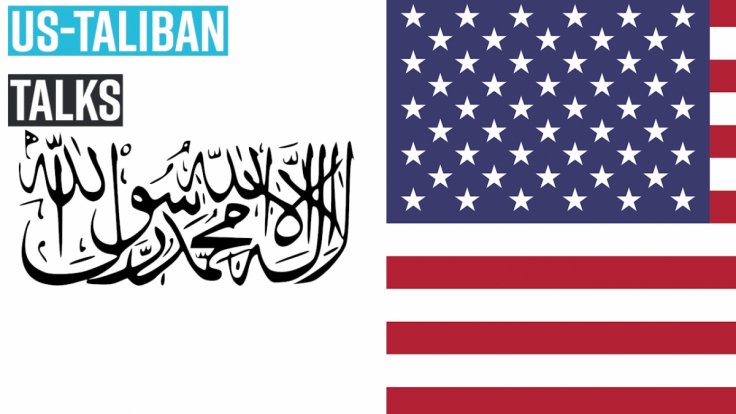After 18 years of fighting uncertain politics and terrorism, Afghanistan is rejoicing the first few days of peace in the country following the partial truce between the Taliban and the US. Many times in the past, peace talks have been deferred over the Taliban not adhering to maintenance of peace in the country.
If the truce comes through then the end result could be the US leaving Afghanistan for good. This is one of the longest wars that the US has waged in a foreign land. The daily violence in the country has taken a heavy toll on the citizens and foreigners alike. Nearly two decades after its military intervention, the US has decided that the best possible solution for the end of the conflict lie in negotiations.

How the process shapes up?
The partial truce is underway on pilot basis. If it comes off successfully in achieving the required response, then the representative from the Taliban and the US special envoy Zalmay Khalilzad are expected to sign a ceasefire agreement on February 29.
A senior official told the reporters during a meeting that if the agreement was successful then it would lead to inter-Afghan negotiations aimed at achieving a "comprehensive and permanent ceasefire that ends the Afghan War." However, the Afghans believe that the cessation of hostilities would reduce the bombing but other attacks, especially suicide bombings would continue despite relative normalcy in the country.
Is the US not able to get through the insurgency?
Why did the US plan to leave Afghanistan now? Several analysts believe that this is a decision that has been on the cards for long. The previous administrations have scuttled the negotiation procedure in fear of losing face.
The reluctance from the US came with the usual narrative that they were making progress in Afghanistan. In fact, the document released last year called 'Afghanistan Papers' revealed the hidden aspects of the never-ending war in Afghanistan to change the perception of war the way 'Pentagon Papers' unveiled the truth in 1971 over the "unwinnable war" in Vietnam.









